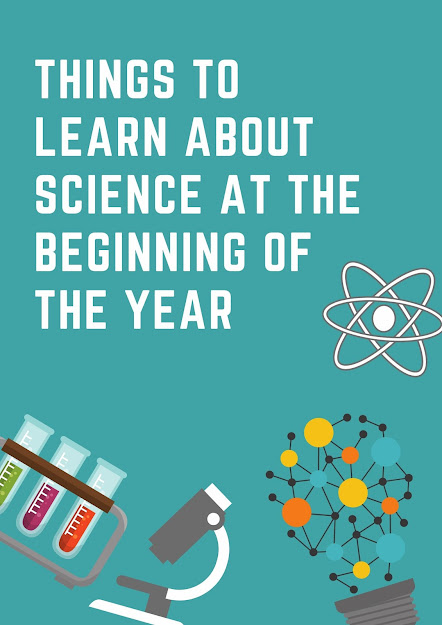 |

1. Search and analyze what scientists Do.
2. discuss their work in various field of science and technology.
Most students knew about their work and they pursue the dream to become a Scientist. You can expand your ideas and gain knowledge by reading their books such as their biography.
The purpose of a biography is to gives you information. A feature you can find in a biography is what they do in their life, what they make, and more stuff like that.
Biographies have a lot of information about a person. It is an opportunity to discuss Science as knowledge and by understanding our natural Science. Scientists learn through the following skills:
- Observation
- Experimenting
- Collaboration
- Analysis
- Problem-solving skills
Some of the questions which are curious to students and some of them may discuss in class are, “What jobs do scientists do?” and “What skills do scientists use while experimenting?”. Build this type of questioning skill throughout the year as you introduce with Science and technology into your Science lessons. Make a book or a kind of chart /sticky note and maintain it up to an entire year.
Find out different things made by science and technology.
Students had curiosity by all of the ways that we use Science products in our daily lives. Most of the time have been taught that Science is all around us. By finding out Science behind the things that we use. Say, for example, we all like processed milk products like butter, yoghurt, cream, curd, cheese which are made by using food technology tools. Yes...! Science is everywhere.
Start learning abouT scientific instruments.
Read SCIENCE SAFETY RULES before starting the experiment.
At the beginning of the year, before conducting experiments in the laboratory, first, get introduced yourself with Science safety rules and the routines, and all procedures you will use. Setting expectations at the start and recalling them before each class activity and experiment which will conduct in the laboratory. It will help you to avoid accidents and keep things running smoothly.
Always keep science journal with You.
Set up a journaling routine. Students can find out and record new vocabularies and also makes keynote for easy understanding of the experiment. The Journal is used to write procedures, take notes, record data, and experiments.
Understand scientific methods and theories.
There are many processes Scientists use to test ideas and answer questions.
One process is the Scientific method.
The Scientific Method
The Scientific method is a process for experimentation for Science. That is used to explore observations and also includes different questions and answers. The method of analysis is based on the same principles and their observations. Some areas of Science can be more regularly tested.
For example, Evolution, Weather reports and many more. Sometimes there will be a need for modification in the Scientific method. There are probably several modified versions of the Scientific method are available and the interesting thing is this version will also be modified by researchers! But even when modified, the goal of the experiment and purpose remains the same. By asking questions, Experiments based on predictions and continuous observations.
By carefully gathering and examining, all the available information can be combined and analysed based on the observations finally get a logical answer.
Scientific method steps -
1. Purpose- A purpose of doing the laboratory experiment is where accurate measurements are possible. Students learn research skills by using a standardized procedure.




6. Conclusion- By performing all the above steps we come across logical answer and interpretation to accept or reject your hypothesis. There is an outcome to experiment whether it will, right or wrong, so either result is fine.
The Scientist work can help and guides as well as help to develop an interest in experimental and analysing skills of students. While experimenting and testing hypotheses.
Learning proper Scientific methods and Science tools laying a foundation that you can build on throughout the year in various fields like Science and Technology, Mathematics, Engineering and applied sciences.
Beginning with the basics of Science and its tools will useful for you and a great way to begin the year in Science. I hope these ideas help you to introduce Science research and begin building a great foundation for all of your future Science units. Hope this will remind your School and College days about journal routines, Daily goals and research, especially teamwork. Yes...! The wonderful thing is this "Vigyan Story" is ultimately going on and on...!
So, start exploring new things, learning, reading and discovering yourselves. Until we meet again...!
Comments
Post a Comment
Please do not enter any spam link in the comment box.